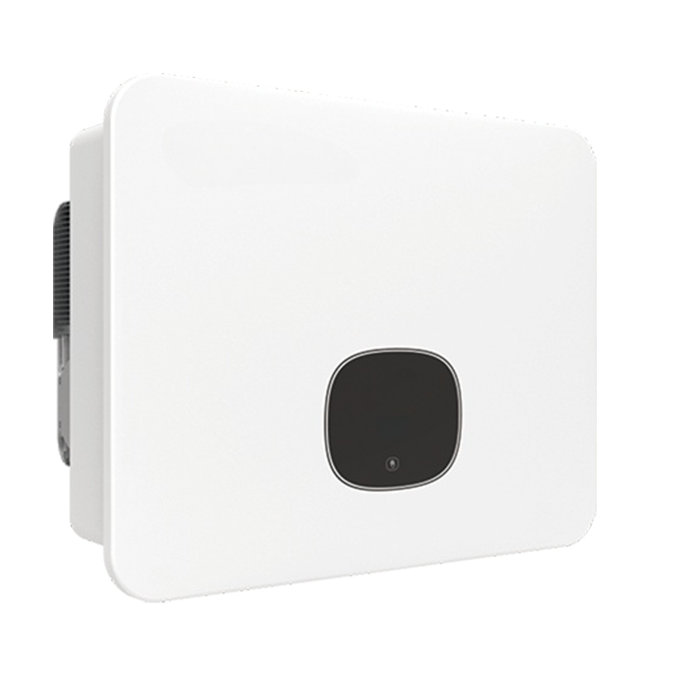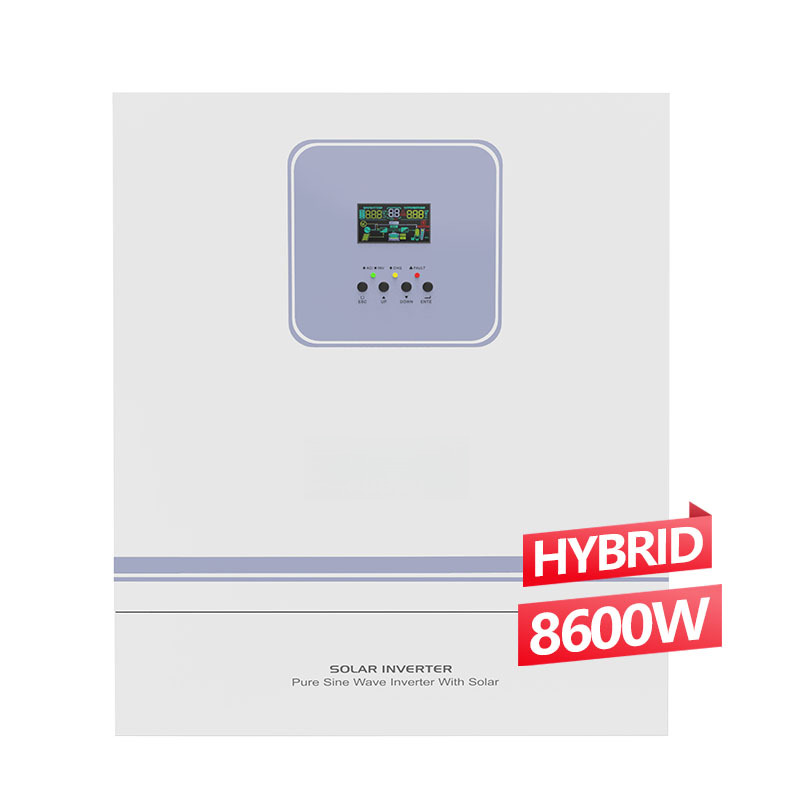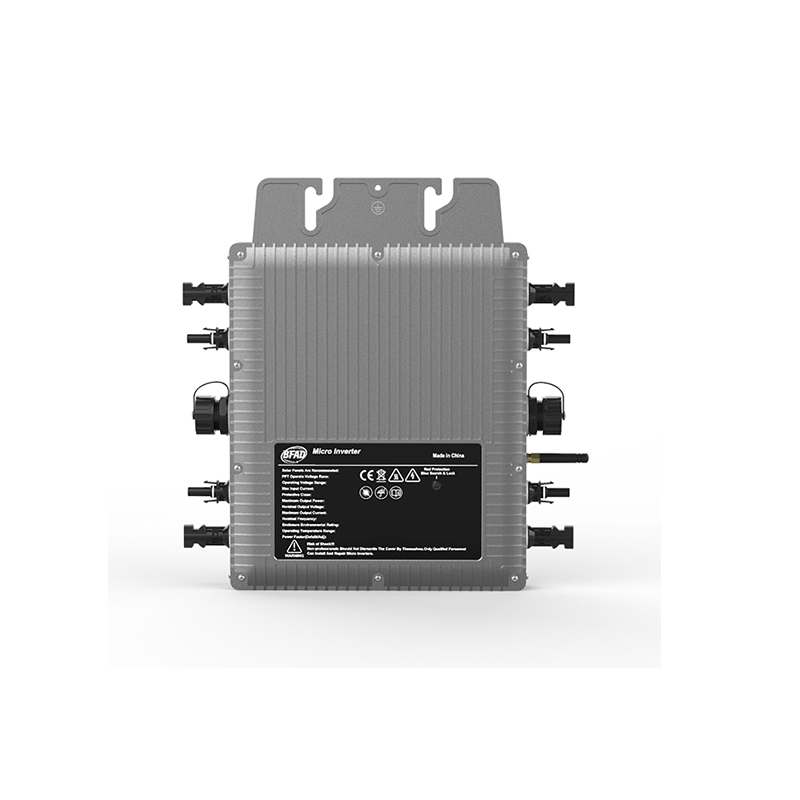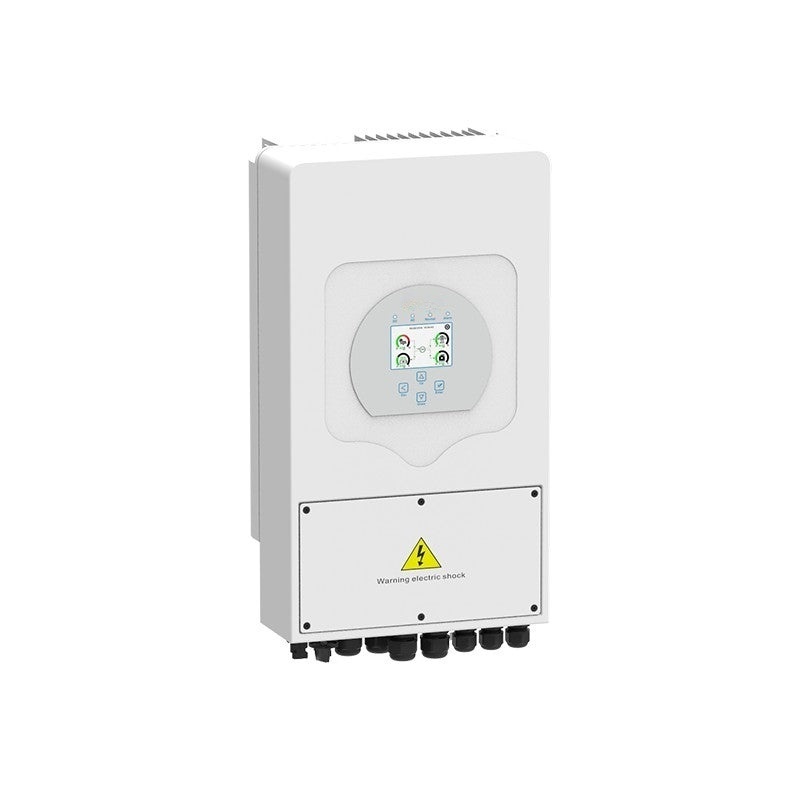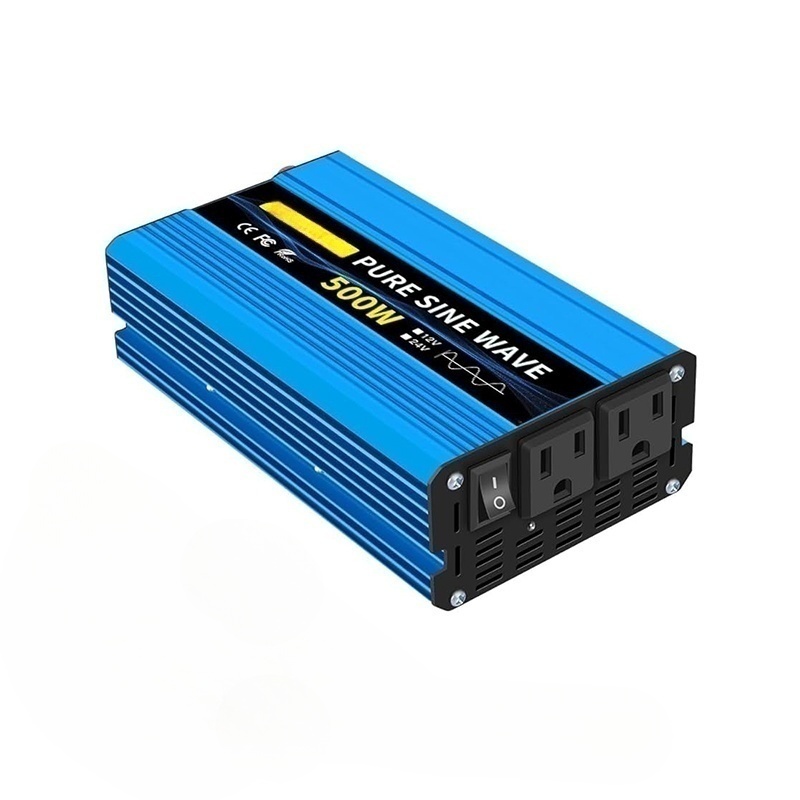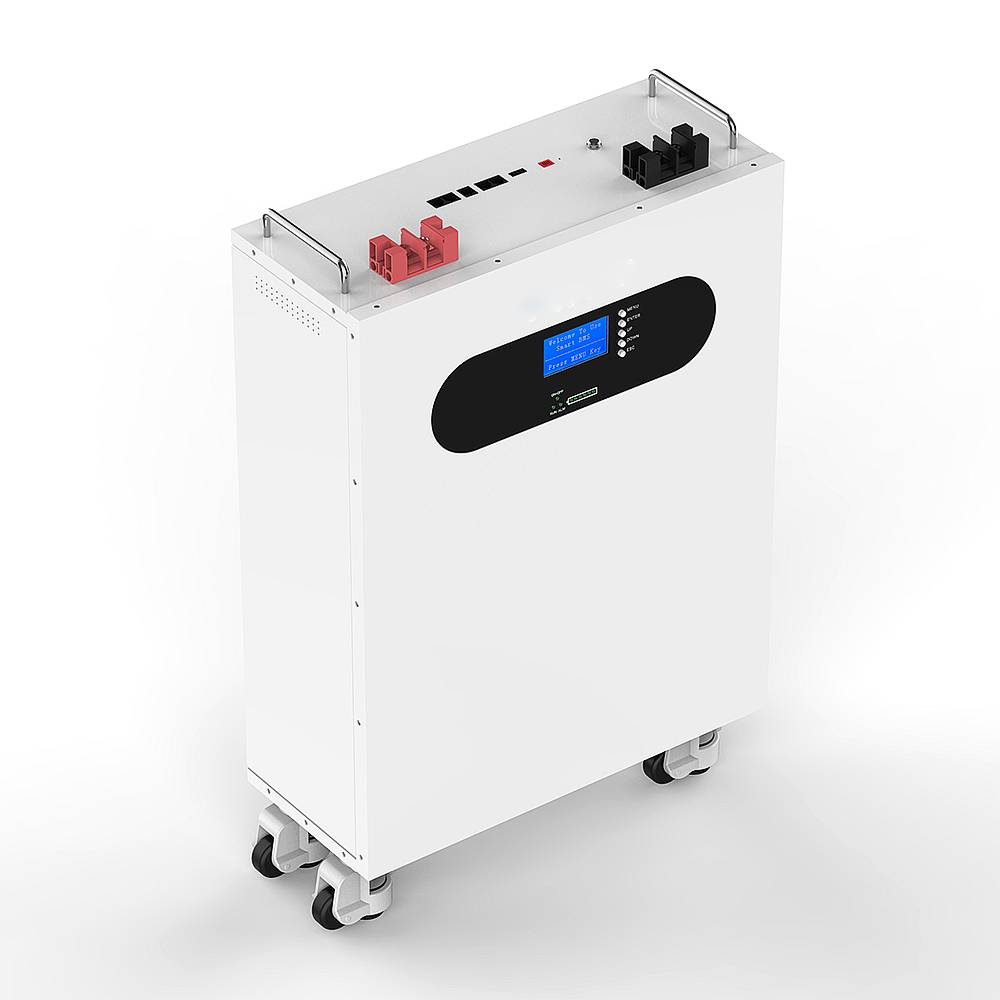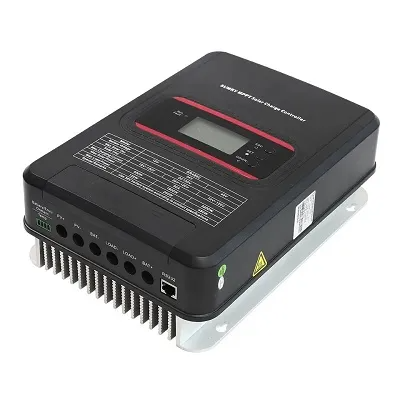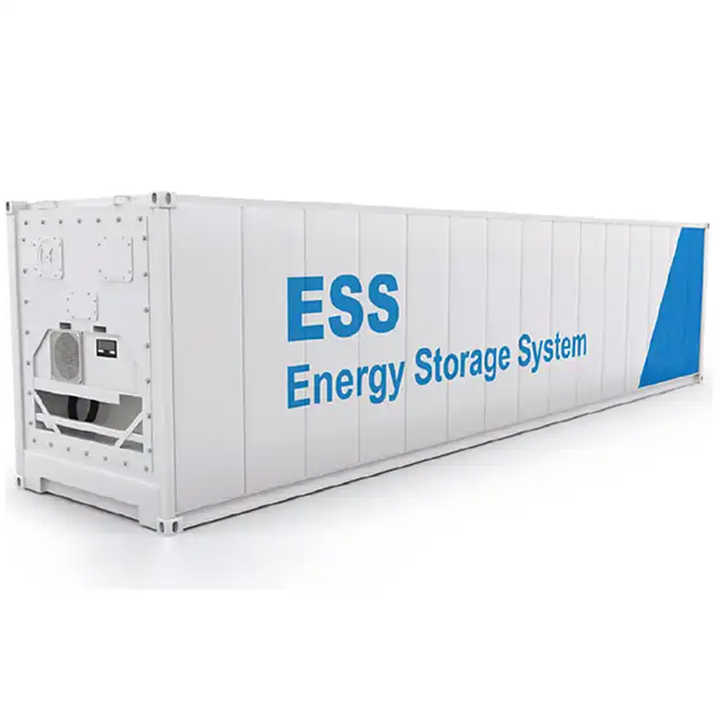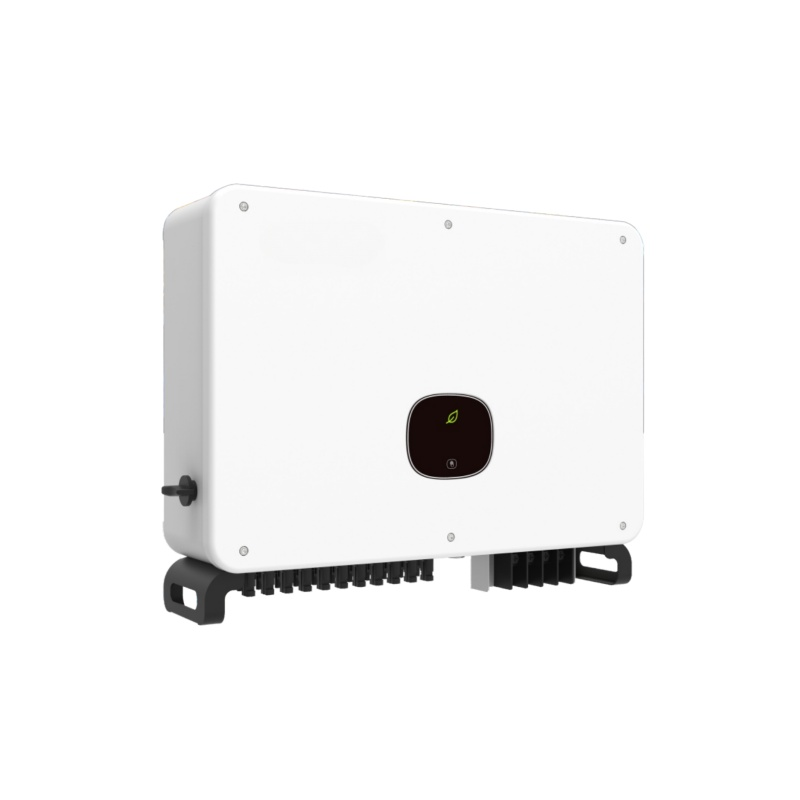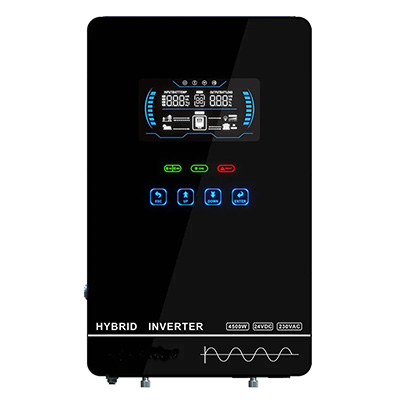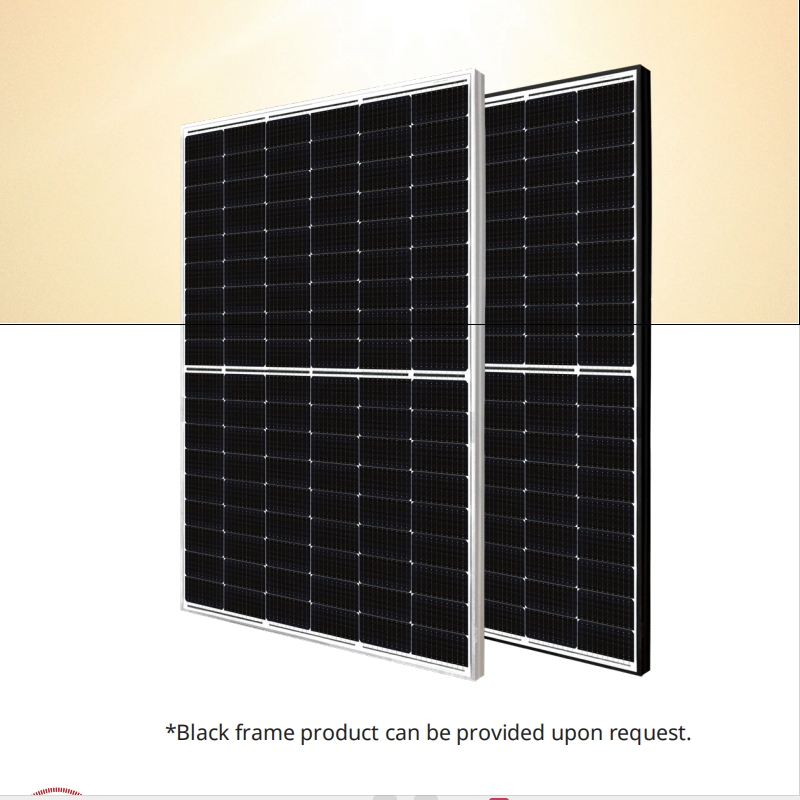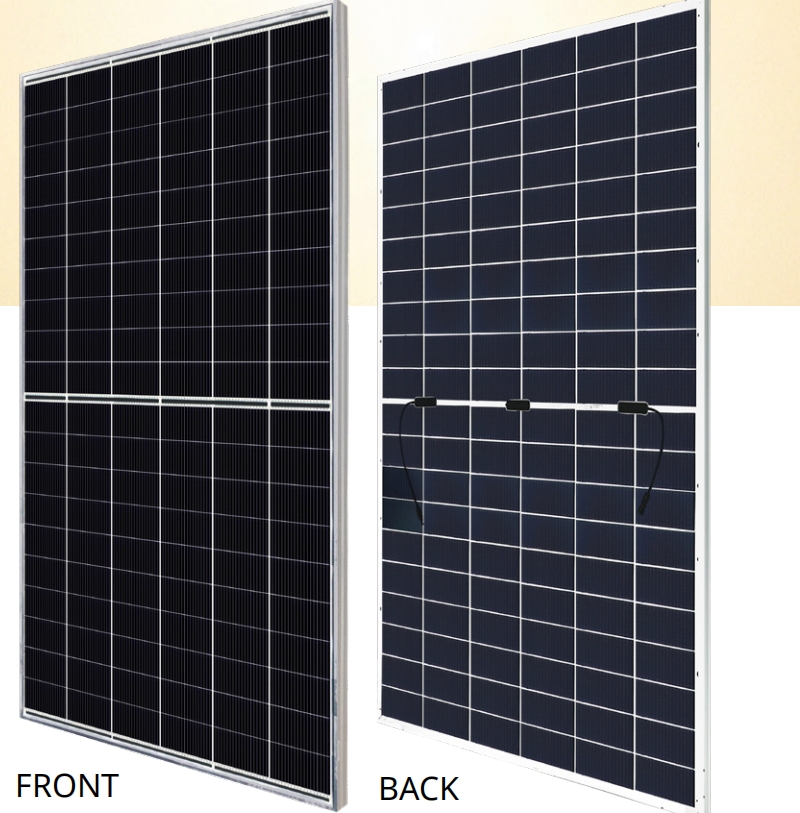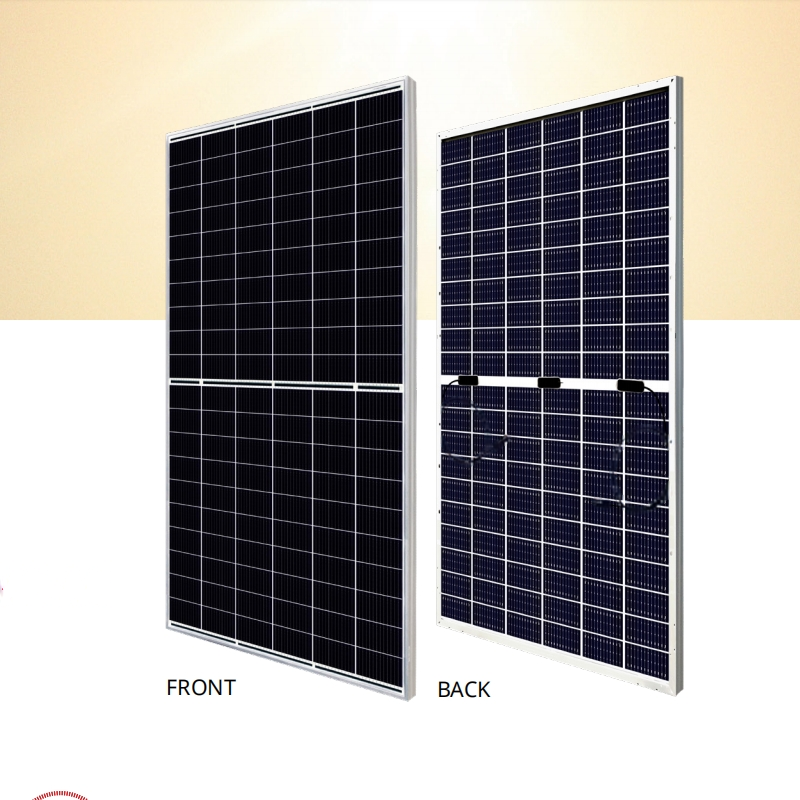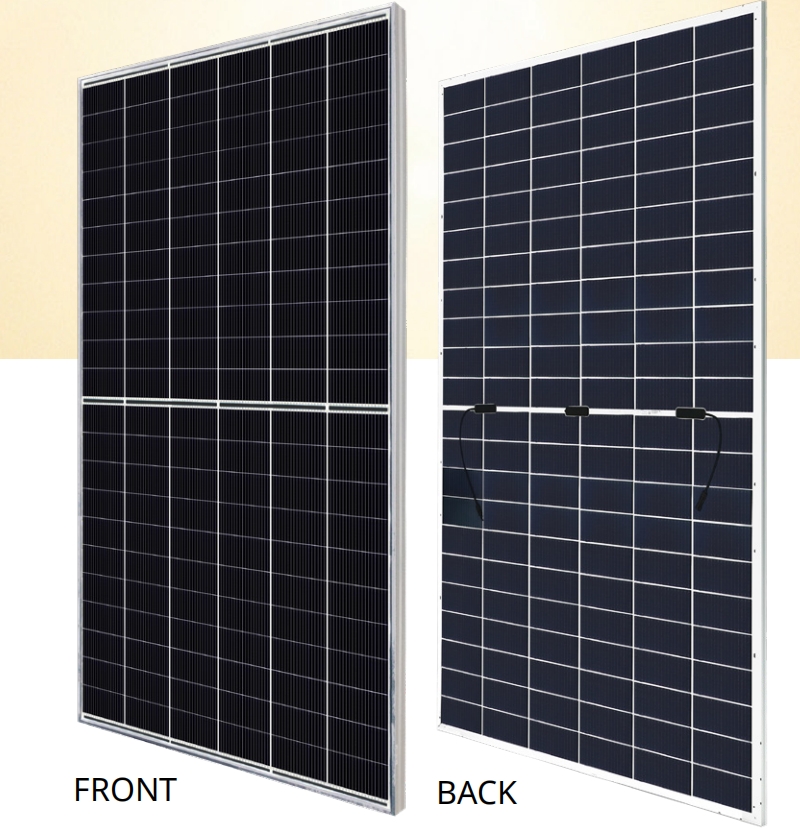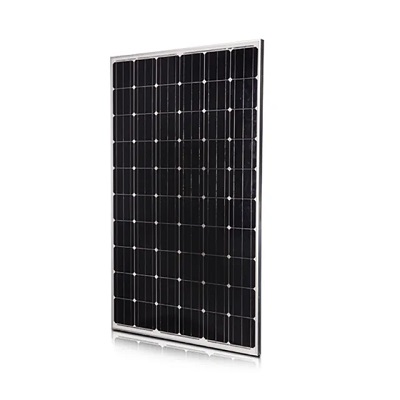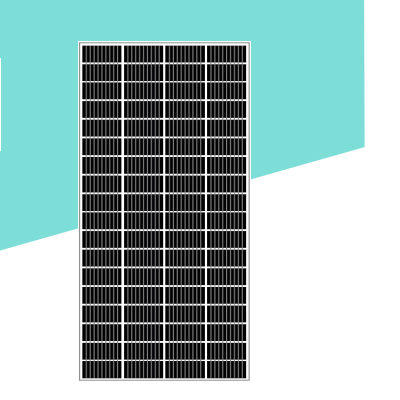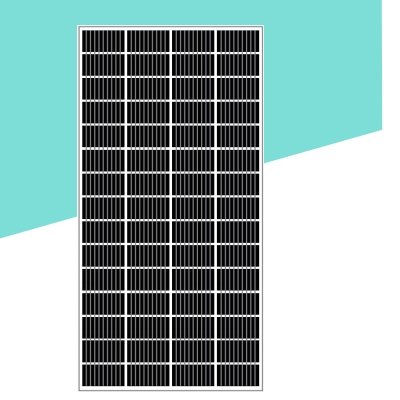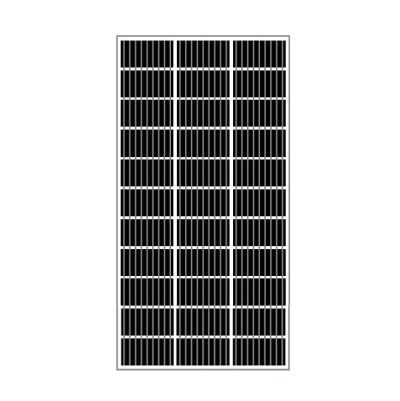Expert Guide: How to Pick the Perfect Grid-Tie Solar Inverter Manufacturer
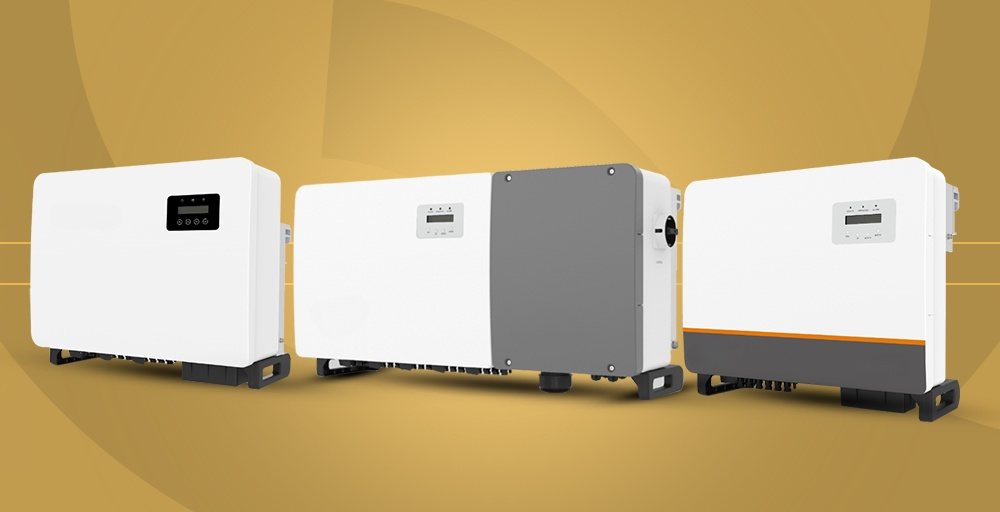
Thinking about going solar and tapping into clean, renewable energy? Awesome choice! But here’s the deal: to make your solar journey a success, you’ll need a top-notch grid-tie solar inverter—and that starts with choosing the right manufacturer. With so many options out there, it can feel overwhelming. Don’t worry, though—I’ve got you covered. This guide will walk you through everything you need to know to pick the best grid-tie solar inverter manufacturer, step by step. Let’s dive in and make this fun, practical, and totally doable!
Part 1. Iwis Solar Manufacturers in China
Custom Solar Products For Your Industries
Part 2.Figure Out What You Need
Before you even start looking at manufacturers, take a moment to think about your situation. What do you really need from a grid-tie inverter? Here are some questions to get you started:
- How big is your solar setup? Are you powering a cozy home or a sprawling commercial property? The size of your system will dictate the inverter capacity you’ll need.
- What features matter to you? Do you want cool extras like remote monitoring, smart grid compatibility, or super-high efficiency?
- What’s your budget? Quality often comes with a higher price tag, but you don’t want to overspend either.
Once you’ve got a clear picture of your needs, you’ll be ready to hunt for a manufacturer that fits the bill.
Part 3. Dig Into the Manufacturer’s Reputation
A manufacturer’s reputation is like a sneak peek into what you can expect. You wouldn’t buy a car from a shady dealer, right? Same logic applies here. Here’s how to check them out:
- Read reviews online. Pop onto Google, Yelp, or industry forums to see what real customers are saying. Look for patterns—consistent praise or recurring complaints can tell you a lot.
- Check for awards or certifications. Has the manufacturer snagged any industry recognition? Certifications like ISO or IEC standards are a good sign they’re legit.
- Ask around. Got friends or colleagues who’ve gone solar? See if they’ve got any recommendations.
A solid reputation usually means reliable products and decent customer service—two things you’ll definitely want.
What Other Solar or Power Products You Want
Custom Solar Products For Your Industries
We provide custom solutions to all our customers and offer free consulting or samples that you can take advantage of.
Part 4.Put Product Quality Under the Microscope
The inverter is the heart of your solar system, converting sunlight into usable power. If it’s junk, your whole setup suffers. Here’s what to look for:
- Efficiency. The higher the efficiency rating (think 97% or above), the more power you’ll squeeze out of your panels. Every percentage point counts!
- Reliability. Look for inverters that have been rigorously tested—bonus points if they’ve got certifications from third-party labs.
- Warranty. How long does the manufacturer stand behind their product? A 10- or 15-year warranty is a great sign of confidence. Check what it covers, too—parts, labor, or both?
Don’t skimp here. A high-quality inverter might cost more upfront, but it’ll save you headaches (and cash) down the road.
Part 5.Scope Out Their Technical Support
Even the best inverters can hit a snag, so you’ll want a manufacturer that’s got your back. Here’s how to gauge their support game:
- Response time. If something goes wrong, how fast can they help you? Look for companies with 24/7 support or quick turnaround times.
- Expertise. Are their support reps knowledgeable, or are you stuck explaining Solar 101 to them? Check reviews for clues.
- Remote monitoring. Some manufacturers offer apps or systems to keep tabs on your inverter from anywhere. That’s a huge perk for peace of mind.
Great tech support can turn a stressful glitch into a quick fix, so don’t overlook this one.
Part 6.Compare Prices (Smartly)
Let’s talk money. Price matters, but it’s not just about finding the cheapest option. Here’s how to shop around like a pro:
- Get multiple quotes. Reach out to a few manufacturers (or their distributors) and see what they’re offering.
- Match features. A $500 inverter might sound great until you realize it lacks the efficiency or warranty of a $700 one. Compare apples to apples.
- Think long-term. A pricier inverter with a killer warranty and low maintenance costs could beat a budget model over time.
Balance upfront cost with value—you’ll thank yourself later.
Part 7. Look for Green Vibes
If you’re going solar to help the planet, why not pick a manufacturer that shares your values? Here’s how to spot a sustainability champ:
- Eco-friendly materials. Do they use recyclable or low-impact components in their inverters?
- Renewable energy use. Some manufacturers power their factories with solar or wind—pretty cool, right?
- Community impact. Are they involved in green initiatives or social responsibility projects?
Choosing a sustainable manufacturer feels good and aligns with your solar goals.
Part 8.Check Their Experience
Experience isn’t everything, but it sure helps. A manufacturer that’s been around the block probably knows a thing or two. Here’s what to investigate:
- How long have they been in business? A decade or more is a solid benchmark.
- Big projects. Have they supplied inverters for major solar installations? That’s a vote of confidence from the pros.
- Innovation. Are they keeping up with the times, rolling out new tech like hybrid inverters or advanced monitoring?
An experienced manufacturer is less likely to leave you with a dud.
Part 9.Peek at Their Financial Health
This might sound boring, but hear me out: a financially shaky manufacturer could disappear when you need them most. Here’s how to snoop:
- Financial reports. If they’re public, check their earnings or debt levels. Stable profits are a good sign.
- Credit rating. A quick search might reveal how credit agencies rate them—higher is better.
- Industry buzz. Are they a leader or struggling to keep up? Trade articles can clue you in.
A stable company is more likely to honor warranties and stick around for support.
Part 10.Think About Location
Where the manufacturer is based can affect your wallet and timeline. Here’s why it matters:
- Shipping costs. A local manufacturer might save you on freight compared to one halfway across the globe.
- Delivery time. Need your inverter fast? Closer is usually quicker.
- Local support. If they’ve got a regional office or team, troubleshooting gets way easier.
Geography isn’t a dealbreaker, but it’s worth factoring in.
Part 11.Tap Into Expert Advice
Still feeling lost? No shame in asking for help! Here’s where to turn:
- Solar installers. These pros work with inverters daily and can point you to reliable manufacturers.
- Industry groups. Solar associations often have resources or member directories to guide you.
- Online communities. Forums and social media groups are goldmines for real-world advice from solar users like you.
A little expert input can steer you clear of rookie mistakes.
Part 12.Wrapping It Up
Picking the perfect grid-tie solar inverter manufacturer doesn’t have to be a chore. By nailing down your needs, researching reputations, scrutinizing quality, and weighing factors like support, price, sustainability, experience, finances, location, and expert tips, you’ll land on a winner. This isn’t just about buying a gadget—it’s about investing in a smooth, efficient solar experience that’ll power your life for years.
Take your time, do your homework, and trust your gut. The right manufacturer is out there waiting to help you harness the sun’s energy like a pro. Ready to get started? You’ve got this!
Custom Solar Products For Your Industries
We provide custom solutions to all our customers and offer free consulting or samples that you can take advantage of.

